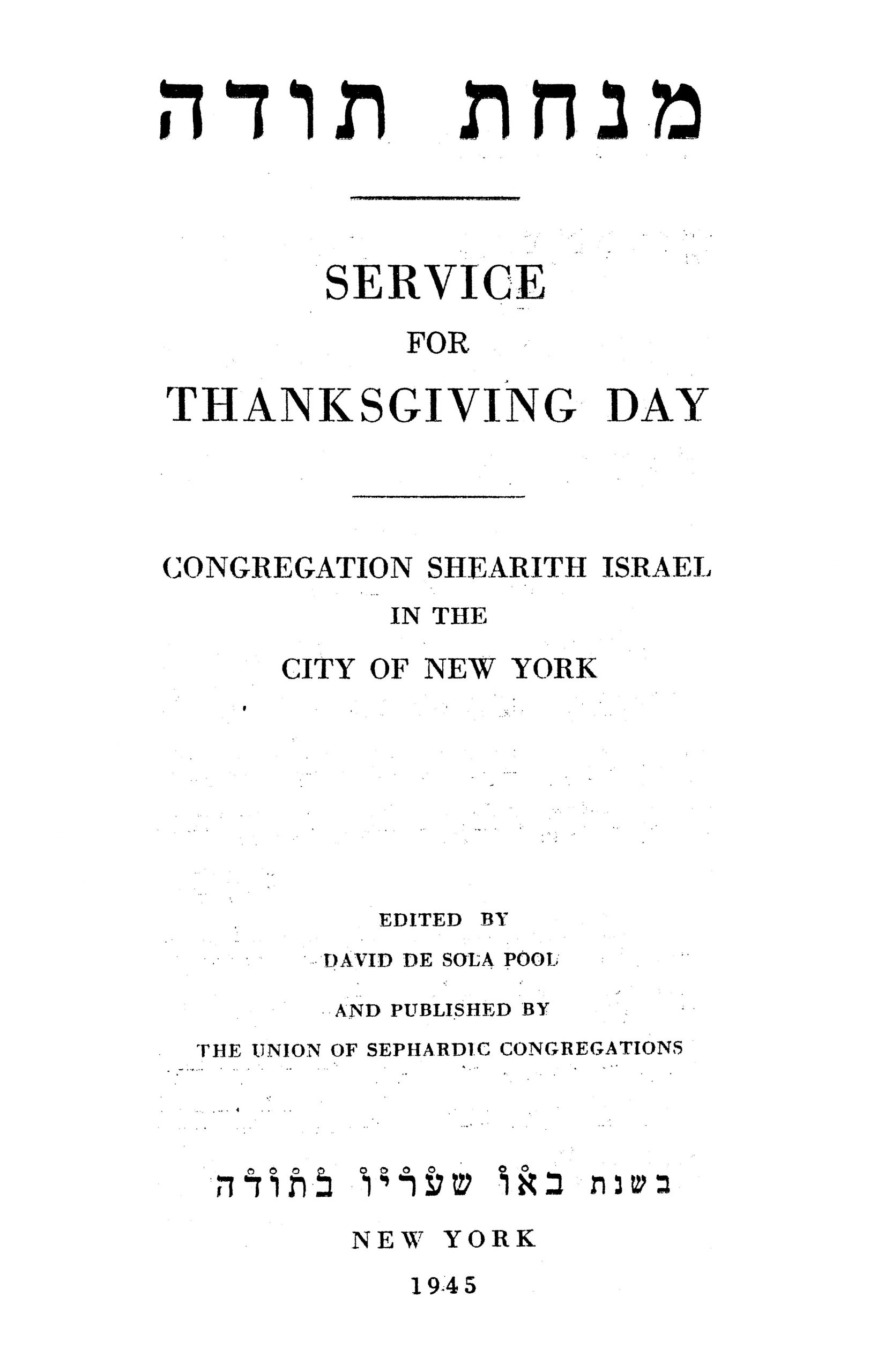| Hebrew | English |
|---|---|
God’s Goodness — the Testament of Man | |
Your goodness is inscribed in the Testament of Man, in the powers of his body, the skill of his hand, in his capacity to think, to feel, to aspire, in his ability to communicate with his fellows, in his will to labor cooperatively at their side. Aye, it is written large and bold in the nobility of man’s spirit. | |
This is a sign of the goodness of God, that there are men ready to surrender their comfort and their happiness out of love for their fellows, pity for the suffering and devotion to high ideals. | |
This is a sign of the goodness of God, that, hungering insatiably after truth, they will sacrifice themselves to attain it, and possessing it, defend it with their lives. | |
This is a sign of the goodness of God, that they will be free, and, being free, will not rest until freedom be the lot of all men. | |
This is a sign of the goodness of God, that, though they might be at ease in the world as it is, they labor steadfastly to convert it into what it ought be. | |
Wherefore with the psalmist we speak our grateful praise to you. | |
יְהוָ֤ה אֲדֹנֵ֗ינוּ מָֽה־אַדִּ֣יר שִׁ֭מְךָ בְּכָל־הָאָ֑רֶץ אֲשֶׁ֥ר תְּנָ֥ה ה֝וֹדְךָ֗ עַל־הַשָּׁמָֽיִם׃ (תהלים ח:ב) כִּֽי־אֶרְאֶ֣ה שָׁ֭מֶיךָ מַעֲשֵׂ֣י אֶצְבְּעֹתֶ֑יךָ יָרֵ֥חַ וְ֝כוֹכָבִ֗ים אֲשֶׁ֣ר כּוֹנָֽנְתָּה׃ (תהלים ח:ד) | |
מָֽה־אֱנ֥וֹשׁ כִּֽי־תִזְכְּרֶ֑נּוּ וּבֶן־אָ֝דָ֗ם כִּ֣י תִפְקְדֶֽנּוּ׃ (תהלים ח:ה) |
What is man, that you should be mindful of him, Mortal man, that you should think of him?[3] Psalms 8:5. |
וַתְּחַסְּרֵ֣הוּ מְּ֭עַט מֵאֱלֹהִ֑ים וְכָב֖וֹד וְהָדָ֣ר תְּעַטְּרֵֽהוּ׃ (תהלים ח:ו) |
Yet you have made him but little less than divine, And have crowned him with glory and honor.[4] Psalms 8:6. |
תַּ֭מְשִׁילֵהוּ בְּמַעֲשֵׂ֣י יָדֶ֑יךָ כֹּ֝ל שַׁ֣תָּה תַֽחַת־רַגְלָֽיו׃ (תהלים ח:ז) |
You have given him dominion over the works of your hands; You have put all things under his feet:[5] Psalms 8:7. |
צֹנֶ֣ה וַאֲלָפִ֣ים כֻּלָּ֑ם וְ֝גַ֗ם בַּהֲמ֥וֹת שָׂדָֽי׃ (תהלים ח:ח) |
Sheep and oxen, all of them, Yea, and the beasts of the field,[6] Psalms 8:8. |
צִפּ֣וֹר שָׁ֭מַיִם וּדְגֵ֣י הַיָּ֑ם עֹ֝בֵ֗ר אָרְח֥וֹת יַמִּֽים׃ (תהלים ח:ט) |
Birds of the air, and fish of the sea, Whatsoever passes through the paths of the seas.[7] Psalms 8:9. |
יְהוָ֥ה אֲדֹנֵ֑ינוּ מָֽה־אַדִּ֥יר שִׁ֝מְךָ֗ בְּכָל־הָאָֽרֶץ׃ (תהלים ח:י) |
O YHVH, our Lord, How glorious is your name in all the earth![8] Psalms 8:10. |
“God’s Goodness — the Testament of Man” by Rabbi Milton Steinberg appears on pages 556-557 of The Sabbath Prayer Book (Jewish Reconstructionist Foundation, 1945) as part of a service for Thanksgiving Day. It is the last of four “testaments,” the other three being the testament of Nature, Israel, and America respectively. I have supplied the Hebrew verses corresponding to the vernacular English text provided by Rabbi Steinberg. I have replaced “Lord” with YHVH as the signifier for the Tetragrammaton, replaced anglicizations, and removed archaisms. –Aharon Varady
Source(s)

Notes

“God’s Goodness — the Testament of Man, a prayer for Thanksgiving Day by Rabbi Milton Steinberg (1945)” is shared through the Open Siddur Project with a Creative Commons Public Domain Dedication 1.0 Universal license.










Leave a Reply